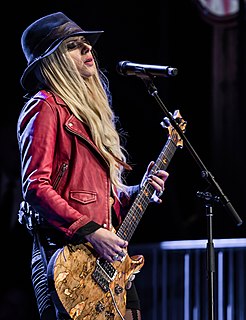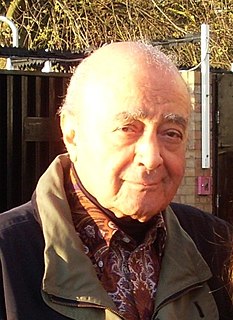A Quote by Maggie Stiefvater
Ideas come from all over, but as I write more and more, I find I'm always hunting for mood: I want to write a novel with a pervasive mood that sticks with you after you close the cover.
Related Quotes
If I waited to be in the mood to write, I'd barely have a chapbook of material to my name. Who would ever be in the mood to write? Do marathon runners get in the mood to run? Do teachers wake up with the urge to lecture? I don't know, but I doubt it. My guess is that it's the very act that is generative. The doing of the thing that makes possible the desire for it.
A short story is confined to one mood, to which everything in the story pertains. Characters, setting, time, events, are all subject to the mood. And you can try more ephemeral, more fleeting things in a story - you can work more by suggestion - than in a novel. Less is resolved, more is suggested, perhaps.
I don't know why I write. The honest answer is that I don't have an answer. I wouldn't die if I couldn't write fiction. Actually keel over and die - it's unlikely. But quite quickly writing has come to feel like the only thing I really know how to do. And I go a bit stir crazy if I don't write more or less every day. But that makes writing sound like a mood-regulator, a way to regulate anxiety or depression, and it doesn't really come down to that.
Mood evidently affects the operation of System 1: when we are uncomfortable and unhappy, we lose touch with our intuition. These findings add to the growing evidence that good mood, intuition, creativity, gullibility, and increased reliance on System 1 form a cluster. At the other pole, sadness, vigilance, suspicion, an analytic approach, and increased effort also go together. A happy mood loosens the control of System 2 over performance: when in a good mood, people become more intuitive and more creative but also less vigilant and more prone to logical errors.
I always was interested in prose. As a teenager, I published short stories. And I always wanted to write the long short story, I wanted to write a novel. Now that I have attained, shall I say, a respectable age, and have had experiences, I feel much more interested in prose, in the novel. I feel that in a novel, for example, you can get in toothbrushes and all the paraphernalia that one finds in dally life, and I find this more difficult in poetry.
With writing ... you must keep in the habit. After a lapse it will take you not an hour, but a week, a month, maybe, to find your mood again - that mood in which things drop from heaven. There's no forcing it; you can't set your notions in front of you, and stare at them till they take shape; they have to come to you whether you ask them or not. ... And you have to be in the habit of that mood! Of inspiration!



































